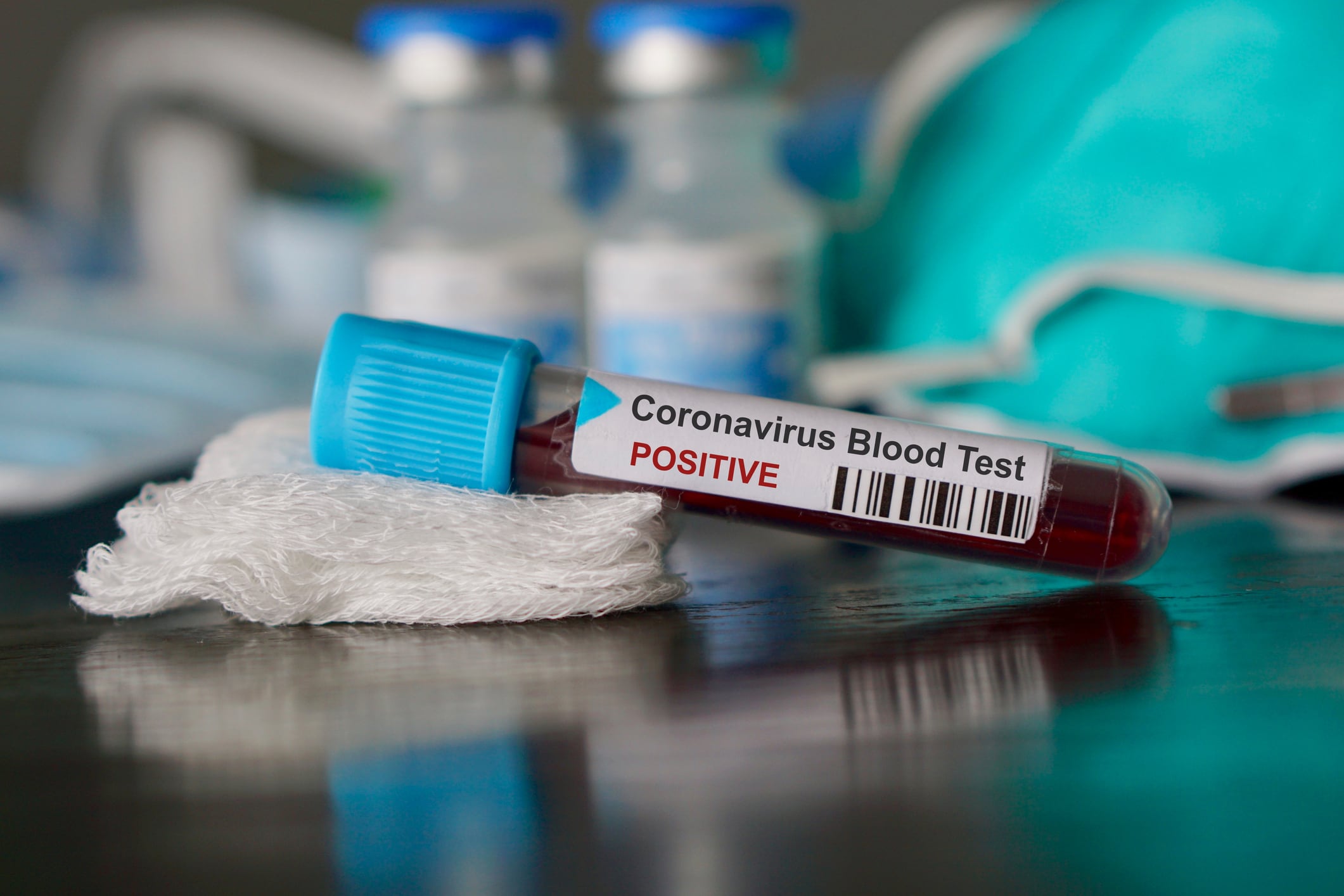Research will be led by pulmonologist Dr Rob Janssen, MD, PhD, and Researcher, and Coordinating Investigator Dr Jona Walk, MD, PhD and Resident in Internal Medicine at the Canisius Wilhelmina Hospital, Nijmegen, in The Netherlands.
The prospective, randomized, double-blind, placebo controlled “KOVIT” clinical trial aims to evaluate whether vitamin K status affects elastic fibres degradation in the lungs. In total, 40 COVID-19 patients, hospitalised with respiratory failure, will be included and given 999 micrograms of vitamin K2 MK-7, or placebo, for 14 days. The trial is now enrolling patients, and results are expected in the Autumn.
Dr Walk and Dr Janssen were part of the research team who, for the first time, revealed a correlation between low vitamin K status and more severe COVID-19.
An extrahepatic deficiency was found in COVID-19 patients, something that could lead to an imbalance within the coagulation machinery and degradation of the elastic fibres in the lungs. Unlike vitamin K1, the researchers note that K2 is directly distributed extrahepatically, and could therefore play an important role to restore this recently discovered imbalance leading them to wonder whether supplementation with vitamin K2 might help reduce thrombosis and lung damage observed in COVID-19.
“Considering that vitamin K is important for regulating lung health and blood clotting, vitamin K deficiency during COVID-19 may make both those problems worse,” explains Dr Jona Walk.
Among all menaquinones, menaquinone 7, or K2 MK-7, has the best bioavailability and longest half-life, according to the team.
“Because of their structural differences, vitamins K1 and K2 do not have the same biological activities. With K2, the role of vitamin K extends beyond blood clotting, as it also regulates other important metabolic processes, such as calcification and inflammation. K1 is easily found in a balanced diet, which is not the case for K2. Deficiency might be more common than we think,” says Dr. Trygve Bergeland, VP Science at Kappa Bioscience AS, who supported the research.
The KOVIT trial is funded by Kappa Bioscience AS, Norway-based company and global vitamin K2 MK-7 ingredients company.
Trygve Bergeland, Vice President Science at Kappa Bioscience, said: “Based on the recently published science, it is important and also necessary for us to seek more understanding about the role of vitamin K2 (as menaquinone-7) in COVID-19 through research collaborations with experts in the field. We are committed to supporting ongoing projects in this important research area. In addition, we also welcome other researchers to engage and illuminate the potential roles for vitamin K2 in immune health.”





